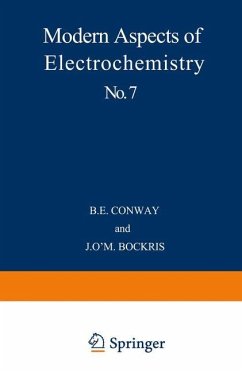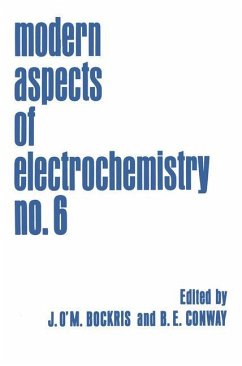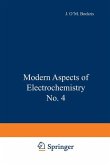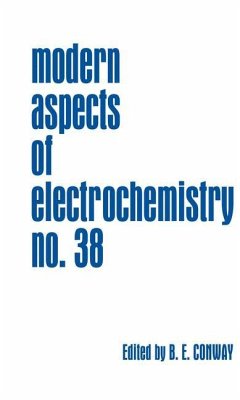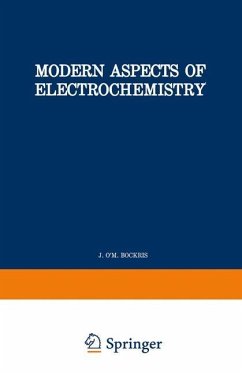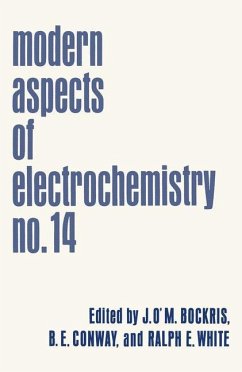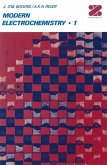Despite reductions in the level of research activity in most fields which, for reasons of economic decline, have taken place in the U.S. during the last year or two, world progress in the fundamental aspects has continued actively. An important aspect of such recent work has been the use of nonaqueous solvents in studies on the constitution of the double-layer and electrochemical reactions. Interpretation of the behavior of electrode interfaces in such solvents demands more knowledge of the solvation properties of ions in nonaqueous media. Chapter 1 by Pad ova on "Ionic Solvation in Nonaqueous and Mixed Solvents" gives an up to date review of the present state of knowledge in this field, together with tabulations of data that are likely to be of quantitative value in further investigations of both homogeneous and heterogeneous electrochemistry in such media. Electrochemical studies of cathodic processes in nonaqueous solvents have, in recent years, revealed the role of solvated electrons. These are of interest in new approaches to reductive electro-organic synthesis. Similarly, the generation of hydrated electrons in photo cathodic processes is of great interest. In Chapter 2, by Conway, the conditions under which solvated electrons can arise in electrode processes are critically examined and the electro-organic reactions that hwe been investigated are reviewed. The supposed electro generation of hydrated electrons in the water solvent and as inter mediates in cathodic hydrogen evolution is shown to be unlikely.
Hinweis: Dieser Artikel kann nur an eine deutsche Lieferadresse ausgeliefert werden.
Hinweis: Dieser Artikel kann nur an eine deutsche Lieferadresse ausgeliefert werden.

